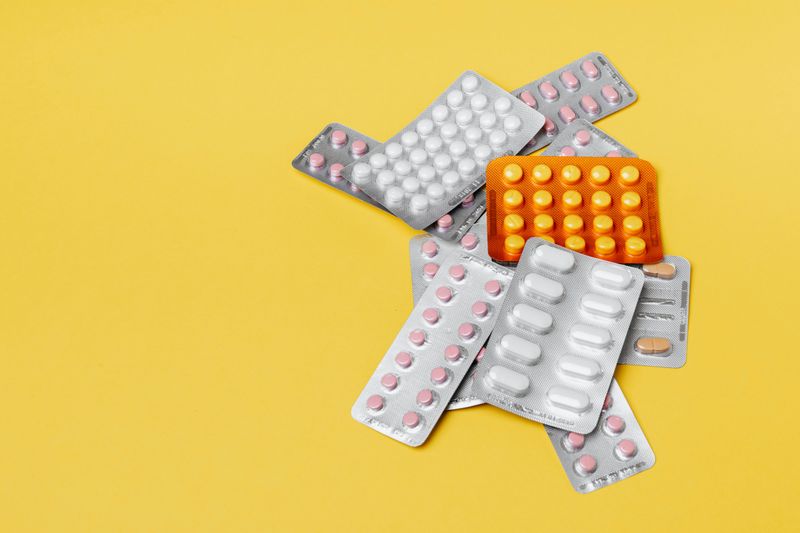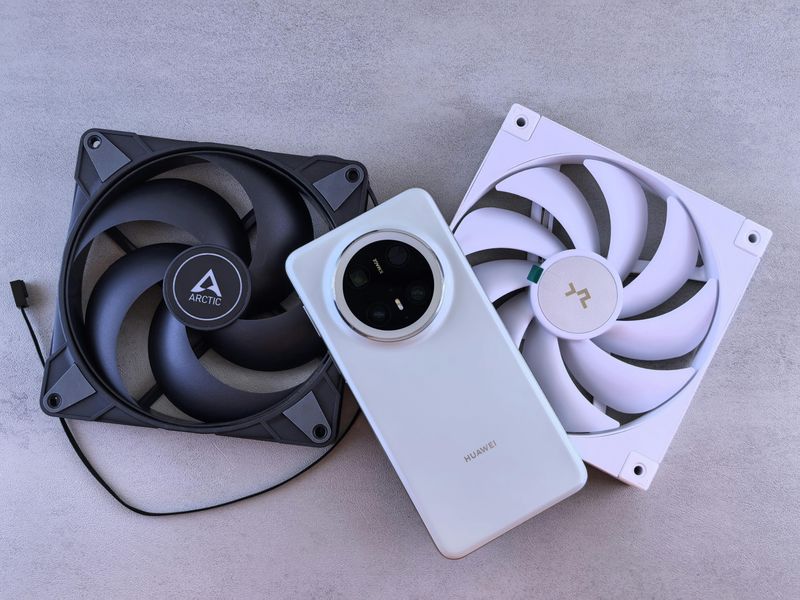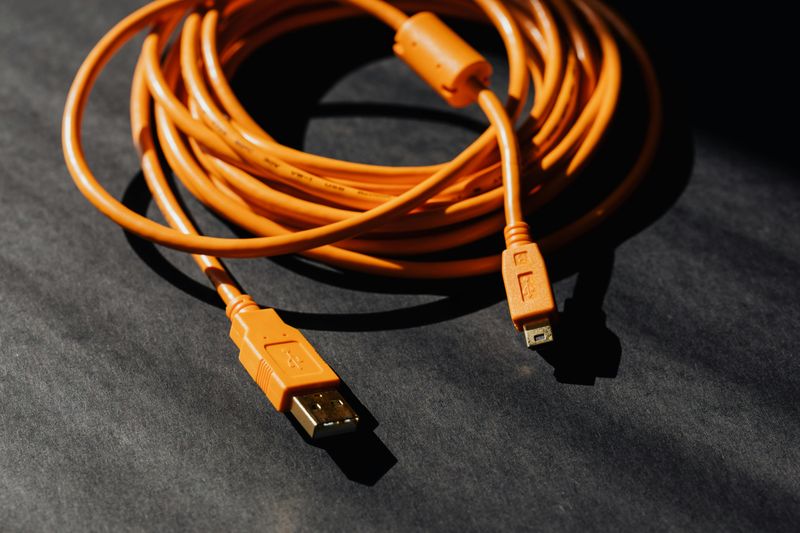12 Things to Never Buy at the Dollar Store—According to Former Employees

The dollar store might feel like a frugal shopper’s paradise, but not every bargain is worth the price tag. While it’s true that you can find some decent deals on everyday items, many products come with hidden downsides—from poor quality and short lifespans to potential safety hazards.
1. Electronics

Products like phone chargers, earbuds, and power strips might look like a steal, but their low price often reflects their low quality. These items are usually made with substandard materials that can overheat or break after just a few uses.
Several former employees have raised concerns about the potential fire hazards these items pose. They often lack proper certification from safety regulators. In the end, you might find yourself replacing them multiple times—or paying much more to repair something they damaged.
2. Toys for Young Children

It’s tempting to pick up a few cheap toys to keep kids entertained, but many of these items haven’t gone through rigorous safety testing. Some toys contain small detachable parts that pose choking hazards, especially for toddlers.
Former employees have also noted instances of peeling paint or flimsy plastic that cracks easily. Even if the toy seems harmless, the lack of regulation means you’re taking a risk with your child’s safety. Spending a few extra dollars on trusted brands can give you far greater peace of mind.
3. Vitamins and Supplements

Health products sold at dollar stores may not be as effective—or as safe—as they seem. These items often come from generic or obscure brands with questionable manufacturing practices.
Employees have reported finding outdated bottles or inconsistent labeling on the shelves. Without FDA oversight for supplements, you can’t be sure of what you’re actually ingesting. For something as important as your health, it’s wise to purchase from reputable sources that prioritize quality and transparency.
4. Batteries

What looks like a great deal can quickly become a disappointment when your electronics stop working within days. Most dollar store batteries are carbon-zinc, which have a shorter lifespan and are more prone to leaking.
Leaky batteries can damage your devices, leaving you with a bigger problem than just replacing a power source. Former workers have mentioned these items as one of the most commonly returned or complained-about products. You’re better off investing in name-brand alkaline batteries from a reliable retailer.
5. Kitchen Utensils

Budget cooking tools might seem harmless at first glance, but their performance often leaves much to be desired. Low-grade plastics can melt when exposed to heat, while metal tools are prone to bending or rusting after just a few uses.
Some former employees have warned that the materials used in these utensils may not be food-safe. When it comes to the tools that prepare your meals, durability and safety should always come first. It’s worth spending a little more for kitchen gear you can actually rely on.
6. Canned Foods

You might assume all canned goods are created equal, but dollar store offerings often come from unfamiliar or generic brands. These products sometimes have less flavor, lower nutritional value, or unusual ingredients.
Additionally, former employees say some items are dangerously close to their expiration dates—or even past them. With better options and prices available at big-box stores or grocery chains, you’re not really saving money in the long run. Always check the label carefully, or better yet, skip these altogether.
7. Tools

At first glance, that $1 hammer or screwdriver seems like a practical buy, especially for quick fixes around the house. But these tools are usually made from cheap alloys that snap, strip, or warp under pressure.
Employees familiar with these products caution that they’re often “single-use” items—if they even last that long. When a tool breaks mid-task, it can be both frustrating and dangerous. It’s smarter to invest in a decent set of tools that won’t let you down when it really counts.
8. Pet Food and Treats

Our pets deserve safe, nutritious food—but dollar store options often fail on both counts. These products may contain low-quality ingredients, artificial additives, or even substances that are banned in other countries.
Former employees have shared stories of recalls and pet owners returning items after their animals became sick. Since pets rely on us for their health and well-being, it’s essential to choose trusted brands that meet established nutritional standards. Feeding your furry friend shouldn’t be a gamble.
9. Makeup and Skincare

While the low price tag might be tempting, beauty products from dollar stores often come with hidden risks. The ingredients aren’t always clearly labeled, and in some cases, products have been found to contain skin irritants or expired formulas.
Former staff have noted an uptick in customer complaints about rashes and allergic reactions. Without transparency or quality assurance, using these products on your face or skin could lead to more harm than good. When it comes to skincare, safety should always be a priority.
10. School Supplies

Glue that doesn’t stick, pens that skip or leak, and paper that’s too thin to handle ink—these are just a few of the common complaints tied to dollar store school supplies. The appeal of low prices fades quickly when the quality fails to deliver.
Teachers and former employees often recommend avoiding these items altogether. Not only do they hinder productivity, but they may also end up costing more if you have to replace them sooner than expected. For a smooth school year, invest in dependable brands.
11. Phone Accessories

Charging cables, phone mounts, and screen protectors are frequently found on dollar store shelves, but they rarely last. Some don’t fit properly, while others stop working after just a few uses—or worse, they can damage your device.
Former employees warn that these accessories often lack compatibility and can cause short circuits. They’re cheaply made and not worth the risk of ruining a phone or tablet that costs hundreds of dollars. In this case, a few extra bucks can prevent a very expensive headache.
12. Over-the-Counter Medications

Pain relievers, allergy pills, and cold remedies found at dollar stores might not be what they seem. The dosage may be inconsistent, and the labels can be confusing or incomplete.
Former workers say expired products have occasionally slipped through onto the shelves. Given how important it is to take the correct medicine when you’re sick or in pain, cutting corners here isn’t worth it. Stick with trusted pharmacies or well-known retailers where product quality is carefully regulated.

Comments
Loading…